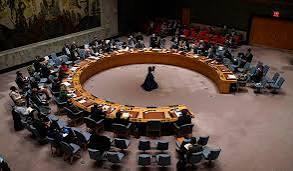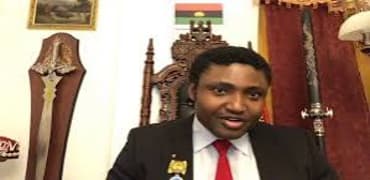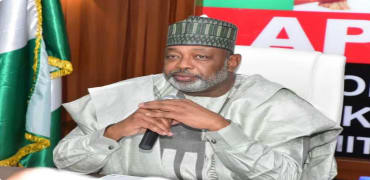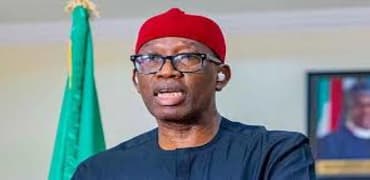Africa Deserves a Seat at the Table: Nigeria's Bold Bid for UN Security Council Membership
Africa Deserves a Seat at the Table: Nigeria's Bold Bid for UN Security Council Membership
By Achimi muktar
In a powerful appeal for equity on the global stage, Nigeria has reignited calls for Africa's permanent representation in the United Nations Security Council (UNSC). Foreign Affairs Minister Yusuf Tuggar made a compelling case during a panel discussion at the World Economic Forum in Davos, Switzerland, highlighting why Nigeria is uniquely positioned to lead the continent into a new era of global governance.
Minister Tuggar’s advocacy comes against a backdrop of glaring disparities: despite nearly 60% of UNSC resolutions addressing African issues, the continent remains without a permanent seat at the table. This exclusion, according to Tuggar, undermines Africa’s voice in critical decisions that directly impact its future.
Challenging Inequities on the Global Stage
Tuggar criticised global policies that negatively affect Africa, such as the deforestation law banning goods from deforested land—a regulation he argued penalises African nations without holding the real culprits accountable. “These decisions often have far-reaching consequences for Africa, yet we lack a voice to influence them,” he lamented.
The panel discussion, moderated by Bronwen Maddox, featured key global figures, including Mohammed Nafti (Tunisia), Therese Wagner (Democratic Republic of Congo), and Matia Kasaija (Uganda). Together, they explored Africa's potential in global governance and the significance of the 2025 G20 Summit, set to be held in South Africa.
Nigeria’s Case for Leadership
Under President Bola Tinubu’s administration, Tuggar outlined Nigeria’s commitment to strategic autonomy and nonalignment in foreign relations. He emphasised the nation's historical contributions to Africa’s liberation struggles, its robust participation in the African Union’s Peace and Security Council, and its Technical Aid Corps program, which has deployed professionals across Africa, the Caribbean, and the Pacific.
“Nigeria’s longstanding support for South Africa and its good relations with neighbouring countries bolster its credibility as a leader,” Tuggar noted. He also called for the fulfilment of commitments made at the Rio Summit, particularly in transferring technology to developing nations.
A Diverse Continent, a Strong Representative
Tuggar challenged the oversimplification of Africa as a monolith, stressing that the continent’s 54 nations embody a rich tapestry of cultures and economies. Among them, he argued, Nigeria stands out due to its large population, economic might, and track record of championing African and global causes.
The Path Forward
As the G20 Summit approaches, Tuggar sees an opportunity to advance Nigeria’s push for UNSC representation. “Africa deserves a seat at the table, and Nigeria is ready to take on that responsibility,” he declared.
With bold leadership and a clear vision, Nigeria is positioning itself as the voice of Africa—a continent ready to claim its rightful place in shaping the world’s future. Will the world finally listen?


















